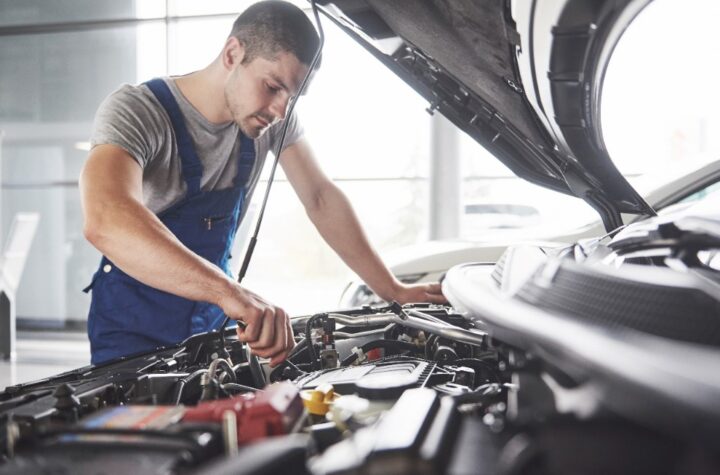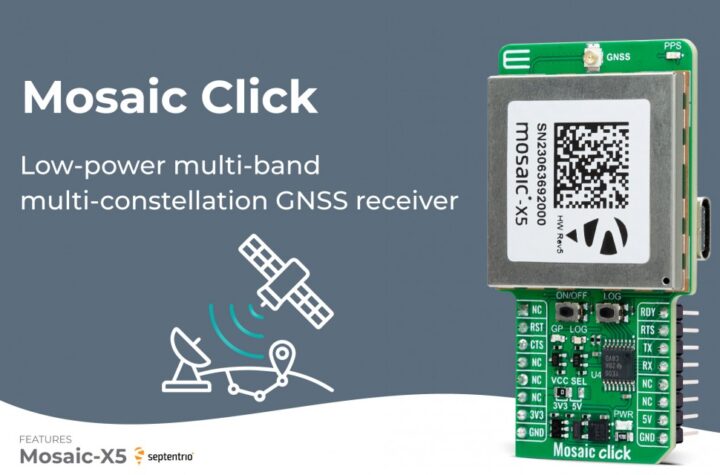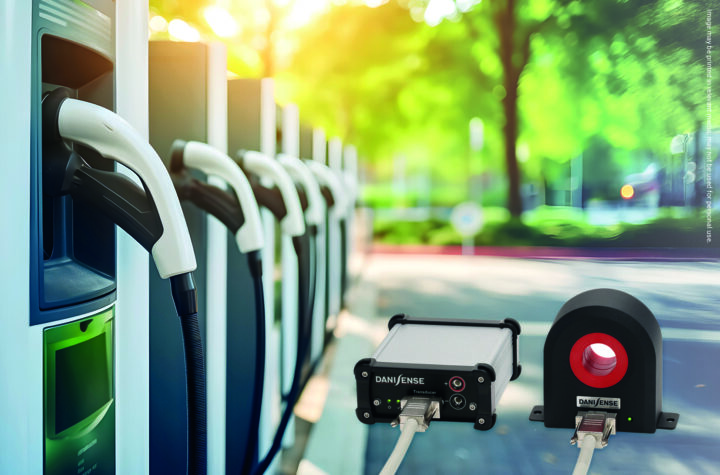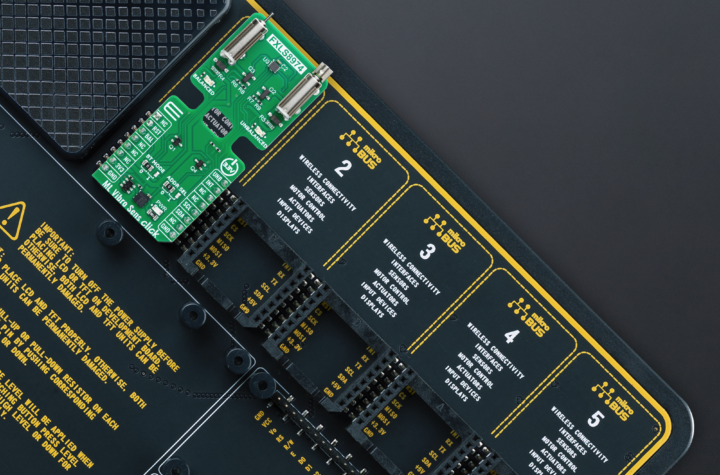
More and more automotive components producers are finding the Republic of Macedonia to be an ideal location for their manufacturing bases. One of Macedonia’s biggest selling points is its strategic position right in the center of the Balkan Peninsula. Bordered by Serbia to the north, Bulgaria to the east, Albania to the west, and Greece to the south, Macedonia is on the major transit route for shipment of goods from the Greek ports to the rest of Europe. Additionally, Macedonia boasts stable political and economic climate – it is a formal EU candidate, expecting to enter NATO at the following Summit in April 2008.
The Macedonian government is keen to attract foreign direct investment. As part of this effort the government has set up four technological-industrial development zones (free economic zones) or TIDZs envisioned as hubs for clean manufacturing industries, as well as for developing new technologies. Investors in TIDZs are entitled to a 10-year tax exemption on corporate income and to a 50 percent reduction of the Personal Income tax for a period of five years. Investors are also exempt from payment of VAT and customs duties for goods, raw materials, equipment and machines.
The country also has an educational system that churns out thousands of highly-qualified professionals every year, which results with a well educated and flexible workforce with a strong work ethic and corporate loyalty. Additionally, universities are willing to cooperate with incoming investors in meeting skills needs. Most recently, the Mechanical Faculty in Skopje helped train 165 students in Java and C++ in anticipation of Johnson Controls requirements.
Johnson Controls started the construction of its USD 40 million automotive electronics facility in October 2006 near the Macedonian capital Skopje. Its new plant is expected to start production by the end of 2007 and will employ 150 to assemble printed circuit boards. Speaking at the laying of the foundation stone, Johnson Controls’ chairman and CEO John Barth said: “This foundation stone signifies an important and exciting achievement for Skopje and Johnson Controls. The Macedonian government has been extremely committed and I would like to thank its officials for their work in supporting this effort. I have no doubt that our partnership will yield excellent results for both Johnson Controls and the Skopje community.”
Video – Investing in Macedonia
Macedonia offers a cost-competitive operating environment for auto component manufacturing since average wages are not as high as in other parts of Europe. Macedonia has also had a history of auto component manufacturing – since the 1960’s its auto component companies supplied to Zastava in Serbia. In the recent privatization process, a number of companies have been bought by overseas investors and continue to produce a range of components for cars, buses, trucks and locomotives. These include companies like MZT Hepos – part of the POLY Group – which makes pneumatic and brake systems for the export market. It supplies to companies like Siemens and Bombardier. “Our success is based on our long tradition since our foundation in 1953 in providing excellent value for money in terms of quality and price. Our MH brake system is one of the four UIC-approved systems in the world,” says Aleksandar Anevski, head of the sales and marketing department at MZT Hepos.
Similarly, AD Sipo manufactures seat belts for cars, trucks and buses, primarily for the aftermarket, and exports its production to countries like Montenegro, Italy, Greece, Turkey and Russia. RUEN International Technologies makes gear elements and clutches for cars, buses and tractors mainly for the aftermarket. Nearly 95 per cent is exported to Europe, Africa, Oceania and the Middle East.
HI-TECH Corporation’s PCB Express Service makes multi-layer circuit boards for automotive, communications and electronic applications. Nearly 90 per cent of its production is exported to Germany mainly to companies like BMW, DaimlerChrysler, Robert Bosch, and Airbus Industries. “The knowledge and experience of our people are key factors to our success. The team includes 40 electrical engineers that contribute to the development of the company,” says President of HI-TECH Corporation, Savo Stankovik.
Automotive Industries spoke to Viktor Mizo, CEO of the Agency for Foreign Investments of the Republic of Macedonia.
AI: What are some of the benefits offered by the Macedonian government to automotive manufacturers and their OEM suppliers?
For over a year now we have put all our efforts into improving the country’s business climate. This has been acknowledged by numerous international raking institutions, such as the World Bank which has ranked Macedonia in the top 5 reformers in the world in the Doing Business 2008 Report.
Part of the general incentives package is the flat tax rate of 10% on corporate and personal income and 0% tax rate on reinvested profit. As a result of the regulatory guillotine starting a business in Macedonia can be done in only 4 hours for a cost of €42.
Macedonia is becoming an emerging hub for automotive components producers with a good track record in this sector. Most important for these manufacturers is the availability of technically skilled and flexible workforce, along with the cooperativeness of the Macedonian universities. All this in addition to Macedonia’s strategic positioning close to automotive plants in Central Europe and Turkey, as well as its excellent infrastructure. The geographical proximity of these markets allows low distribution costs and “just in time” product delivery from Macedonia.
For export-oriented high-tech companies in the automotive sector four Technological Industrial Development Zones (TIDZs) have been created with a status of free economic zones offering special incentives. Companies operating in the TIDZs will pay no taxes on corporate income for 10 years, 5% personal income tax for 5 years, and will have no VAT and customs duties for export production. The zones have excellent strategic location with an immediate access to a main international airport, railroad, and the vital road corridors 8 and 10. There is also free connection to piped natural gas, electricity, water and sewage, as well as land lease for up to 75 years at attractive concessionary rates.
AI: Who are some of the other big automotive companies that have evinced an interest in setting up factories in Macedonia?
We are pleased to host Johnson Matthey, the world’s biggest producer of catalysts. They have chosen Macedonia as the best location for the company’s largest production plant in Europe in competition with ten other Eastern European countries such as Hungary, Croatia, Poland, Czech Republic and Slovakia. Johnson Matthey’s factory will be located in TIDZ Skopje and is expected to bring hundreds of jobs. There are a number of other multinational companies from the automotive components sector which are considering Macedonia as their next investment destination, but we cannot reveal any names, since discretion is guaranteed until they have reached a final decision.
AI: What, in your opinion, makes Macedonia a better destination for automotive companies as compared to other countries in the Balkans?
In the case of Johnson Matthey, their decision to choose Macedonia was driven by several favorable conditions offered to investors, including the availability of technically skilled workforce, the tax breaks, as well as the professionalism and supportiveness of the Macedonian government. The latter is enabled through the application of a very simple and direct approach to major policy-decision makers and the reduction of the administrative procedures and regulations. Excess capacity and low average wages put the country in an even more favorable position to capitalize on leading manufacturers’ quest for new and reliable locations to expand or relocate their business activities.
AI: Are you planning any road-shows or other promotional measures to highlight Macedonia’s attractiveness as an automotive manufacturing destination? If so, what?
As we have identified the automotive components sector as one, among few, in which Macedonia has a significant competitive and comparative advantage, we have started a promotional campaign in several specialized automotive newspapers and magazines. In addition to this, we are going to participate in a number of international exhibitions and conferences for automotive components manufacturers and investments. Additionally, we are conducting road shows in our target countries to present the investment opportunities and investment incentives to interested business owners. For example, together with the World Bank and the German Chamber of Commerce, we are organizing a road show: Macedonia – the Emerging Hub for Automotive Production, in order to present investment opportunities in Macedonia to German automotive components manufacturers. This event will take place in Munich and Stuttgart, Germany, on the 14th and 15th November.















More Stories
Sika – where battery storage technology for EVs, wind and solar meet
Driving Change with Circular Aluminum: Hydro’s Role in the Automotive Future
Transforming automotive paint shops with BASF Coatings’ GLASS Tool: A leap towards efficiency and sustainability